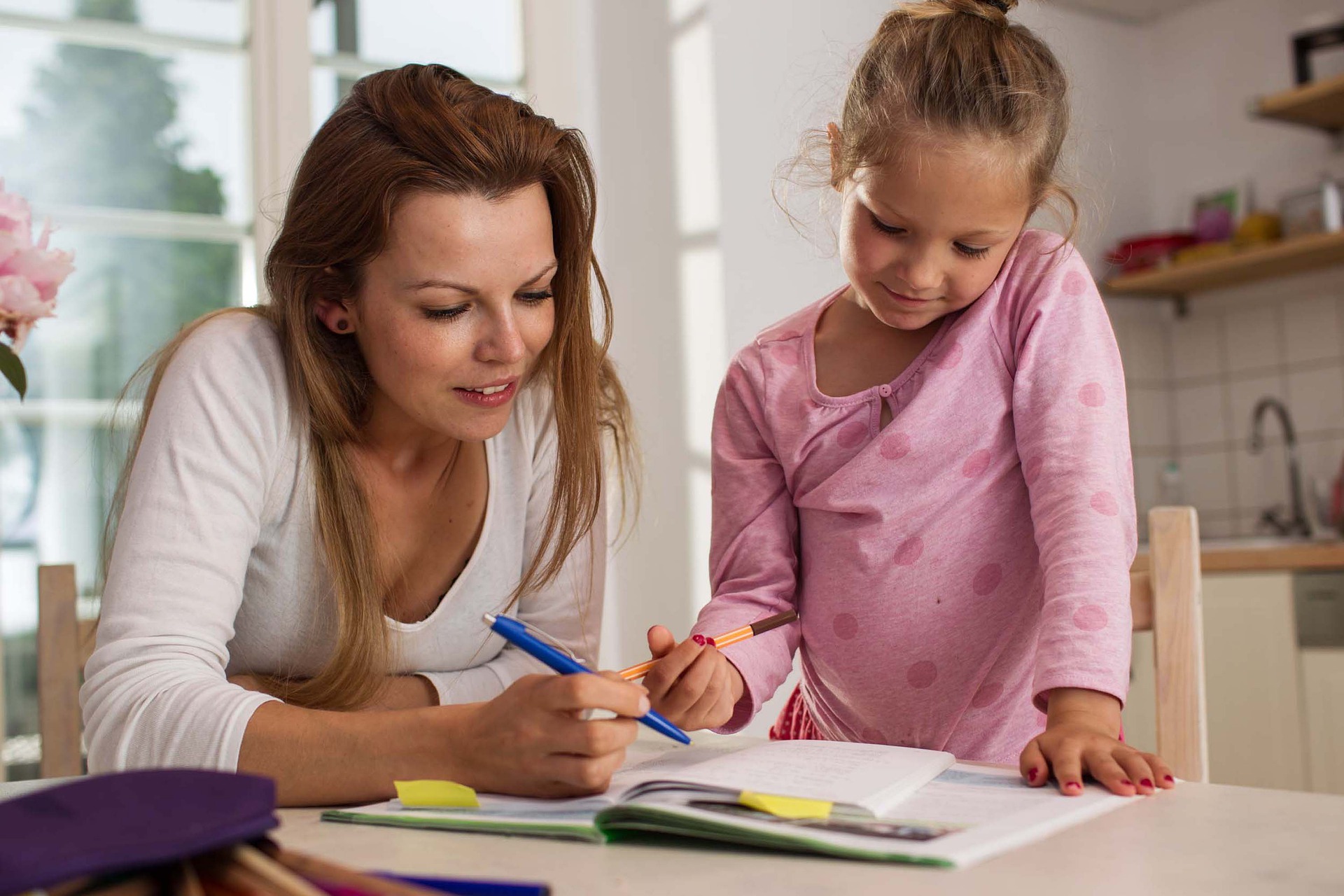If your child has undergone a series of psychoeducational assessments and has been diagnosed with learning disabilities, it can be a very challenging time. You might feel upset or confused, and you might be worried about how you can support your child in the best way possible.
Every child has unique needs and their disabilities may present a new set of challenges that you have never faced before. But that doesn’t mean that you can’t fully support your children and provide them with everything they need to flourish and thrive.
Often, they need an extra boost of confidence to show them that they can achieve anything they set their minds to. It’s about giving your children the tools that they need to build strength and resilience.
Here are three top tips to help you look after your children if they have learning disabilities to boost all aspects of their well-being, including their physical, emotional, social, and mental health.
Join the Community
Finding other parents who also have children with learning difficulties enables you to build a strong support network. You can support and guide one another so that you don’t feel alone.
If there is something that you are unsure about, you can ask other parents for their advice so that you can be sure you are providing your child with the best possible care.
There is a community that you can join no matter where you live. Try searching on Facebook for a parent support group or take a look at your local community centers to see if there are any groups or workshops that you can join.
Celebrate Your Child
Often, children with learning difficulties can feel upset, lonely, and anxious. As a parent, you should teach your children that they are special in their own right.
Celebrate their differences and show them how much you love are care for them. Even if your children have made wrong decisions, focus on the positives and offer praise over criticism.
Celebrating your children for how special they truly are and practicing positive reinforcement will help to build their self-esteem and confidence from a young age.
Teach Them to Express Negative Emotions
Any child can have difficulty expressing negative emotions. However, for children with learning disabilities, it can be even harder to convey emotions and feelings.
Encourage your children to express themselves when they are feeling angry or upset or worried. Reassure them that it is okay to feel these emotions and there is nothing wrong with letting others know how they feel.
It’s important that you act as a safe emotional outlet so that your children feel like they can open up to you during difficult times.
Supporting a child with learning disabilities is not always easy and you will face brand-new challenges every week. However, following these top tips above should make things a lot easier and will encourage your children to grow and thrive in whatever they do.


